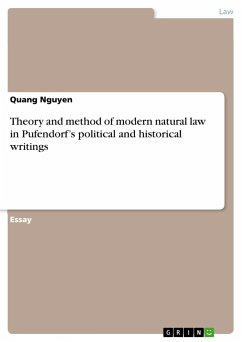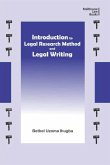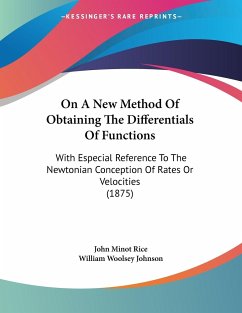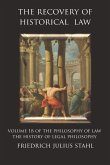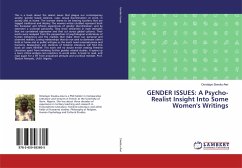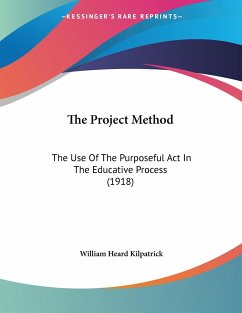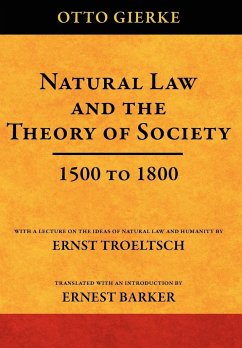Essay from the year 2017 in the subject Law - Philosophy, History and Sociology of Law, grade: very good, University of Helsinki, language: English, abstract: The idea of establishing a science of morality has running through many generations of Western philosophical thinking. The modern Protestant natural law tradition is often considered to be the theoretical foundation that other social sciences was built upon, that is, Hobbes' political science, Grotius's international law, Adam Smith's political economy, and to a lesser extent, Pufendorf's theoretical history. Per definition, natural law is a set of principles in moral philosophy, claiming that certain rights and duties are intrinsic and universal to every man, imprinted by nature, and maintained by human reason and intuition. Derived from nature, natural rights is inherently universal, existing prior to and independently of the positive law of the ruling power or any legislature body. Methodologically, the law of nature arededuced into principles and observations of moral behavior after an analysis of human nature and his behavior with a relevant method, either empirically or theoreticallyThe purpose of this essay is to find out the theory and method of modern natural law in Pufendorf's political and historical writings. Notwithstanding the fact that Pufendorf's writings and teachings on the law of nature were extremely well-known and thus being used extensively in Protestant universities around Europe to teach moral philosophy, his work on theoretical history is less known but also of great importance to the maturity of history as a hybrid form of art and science as we know today. In particular, this paper will investigate the link between Pufendorf's political and historical writings, how his method of analysis is informed by his theory and how he used contemporary history in an exemplary manner to strengthen his theoretical perspectives on the laws of nature. [...]

